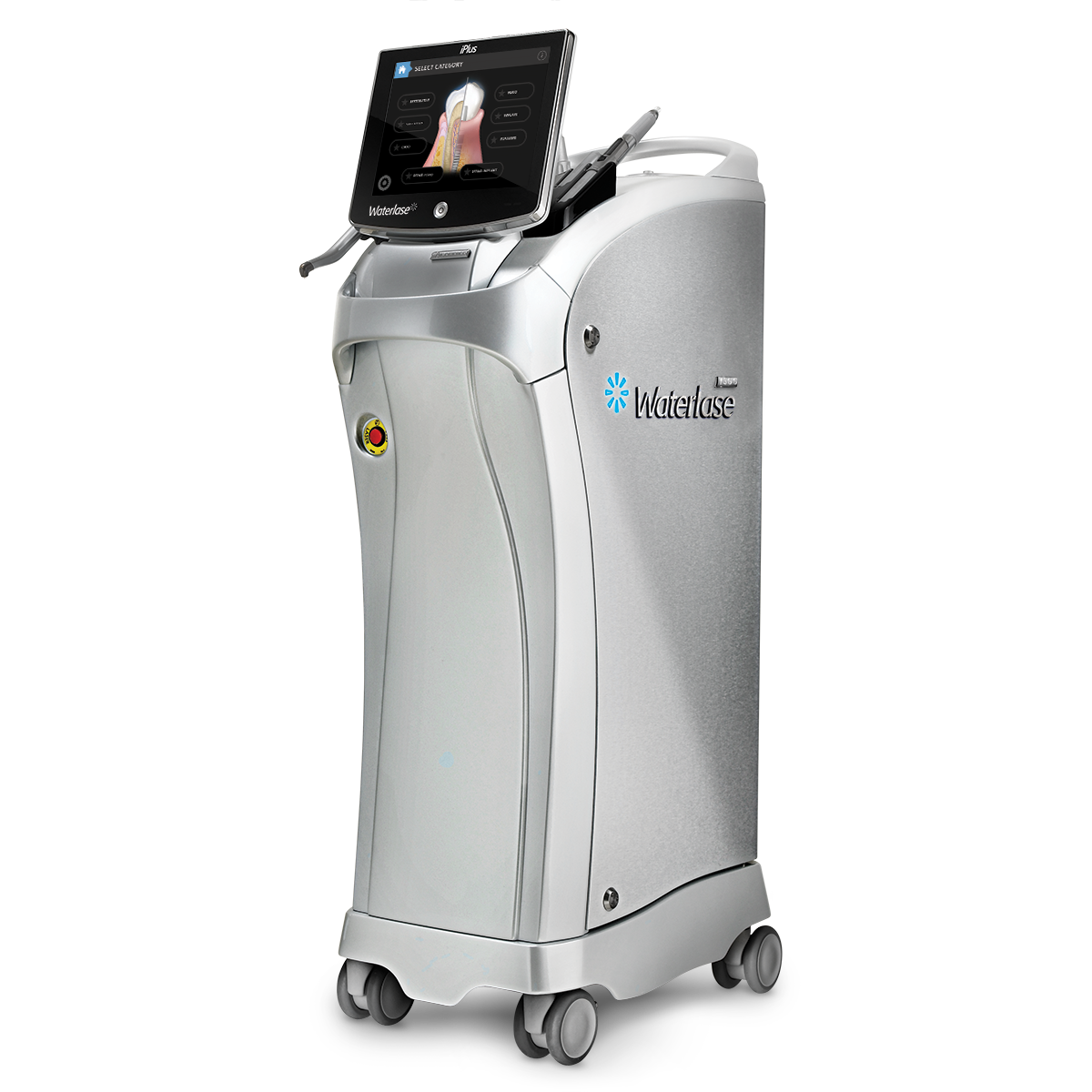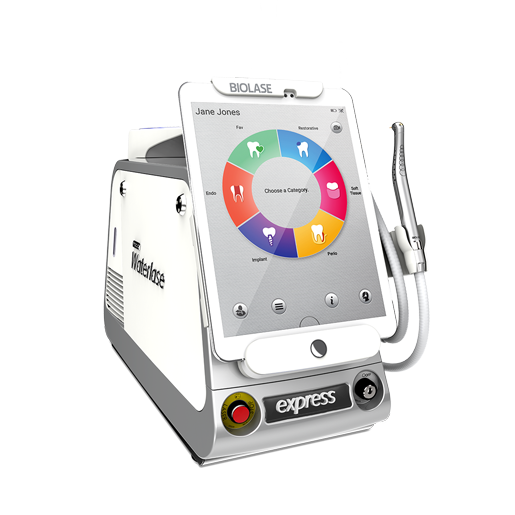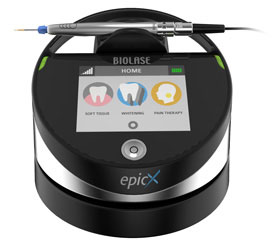You may not know this, but April is national oral cancer awareness month.
When people think of cancer, they often first think of breast, skin or colon cancer. Not as much attention given to oral cancer, yet oral cancer affects approximately 42,000 Americans per year. The Oral Cancer Foundation (OCF) hopes that bringing awareness to this situation can result in better treatments and earlier detection, thus increasing the prognosis for those diagnosed with this disease.
Some facts about oral cancer
Oral cancer is part of a group of cancers known as oral, head and neck cancers. Included in this are cancers of the mouth, throat, eyes and face. Brain cancers are not included in this category.
As it stands now, the 5 year survival rate of oral cancer is only a little over 60%. This survival rate is much lower than that of other commonly known cancers, such as cervical cancer, malignant melanoma and Hodgkin’s lymphoma.
There are a couple of common risk factors that can increase your chances of developing oral cancer. Smoking cigarettes, or using other tobacco products is one of the biggest risk factors. However, the human papilloma virus version 16, which is sexually transmitted, has become a significant risk factor in individuals who don’t consume tobacco products.
Prevention and treatment
The reason for such a low survival rate in this type of cancer is not that it is difficult to diagnose or treat, but because it is often not discovered until it has advanced. Because it causes few symptoms or discomfort, a person may have this cancer and not know it. Oral cancer spreads quite quickly to other areas of the body, often the lymph nodes, before it is discovered. This is the primary reason that almost half of people who develop this cancer do not recover.
As with any cancer, early detection is the key to survival. Your dentist can help be the first line of defense, as they are able to spot any abnormalities in the mouth. In addition to regular dental checkups, you should also practice frequent self-screenings to check for any changes or abnormalities in your mouth. These can include lumps, bumps, sores or discoloration. Be sure to check all areas of your mouth, including tongue, roof and insides of cheeks.
Risk Factor
Although there is no way to guarantee prevention of illness, there are certainly steps you can take to reduce risk factors:
- Eliminate tobacco products. This is possibly the single biggest risk factor for oral cancer. If you don’t currently smoke or chew tobacco, great! – don’t start. If you do, consider quitting. Aside from reducing your risk of oral cancer, you will also lower your risk of other cancers, heart and lung disease.
- Avoid over-indulging in alcohol. Binge drinking as well as over-consumption over time adds a risk factor. Remember moderation is the key.
- Brush and floss regularly. Good oral hygiene is a factor and contributes to better overall health.
- Use sunscreen and limit UV exposure. Your skin needs protection from harmful UV rays. That means all of your skin, including the skin on your lips. The skin on your lips is very delicate and just as subject to skin cancer as the skin anywhere else on your body! Use lip balm with SPF.
- See your dentist regularly, and ask for an oral cancer screening. You should do this every six months.
- Eat a diet rich in cancer-fighting foods. Beans, berries, broccoli and cabbage are great choices.
Read also: Some of the Best Foods for Healthy Teeth May Come as a Surprise.
A note about cancer caused by HPV: Although this virus is common and can be harmless, it is often suggested that young women and men get vaccinated against it. Recently, it has been shown that HPV is fast becoming a major cause of oral and other cancers.
Observe National Oral Cancer Month by educating family and friends
Educate family and friends by making them aware of oral cancer and by informing them of risk factors. Make appointments for your family to have screenings done, and teach them how to do self screenings.
As always, your oral health is a big indicator of overall physical health. It is important to care for your mouth and teeth. Brush and floss every day, and seek dental care regularly. Limit sweets and beverages such as soda and alcohol, not only do they put you at greater risk for cavities and gum disease, but they also impact your overall health.
Always remember to let your dentist know of any other health problems that you may have, such as heart disease, diabetes or if you have been diagnosed with other kinds of cancer. Having this knowledge can help your dentist care for you better by keeping an eye out for any potential problems.



